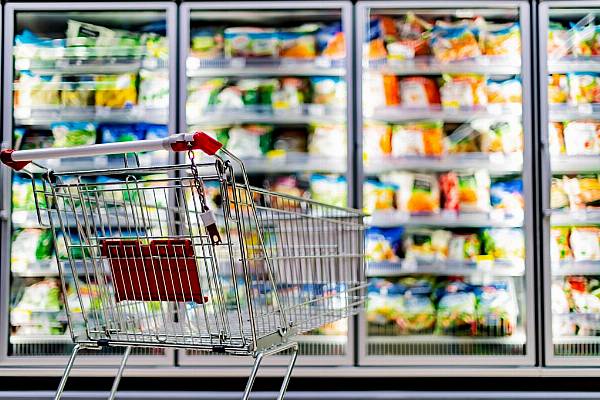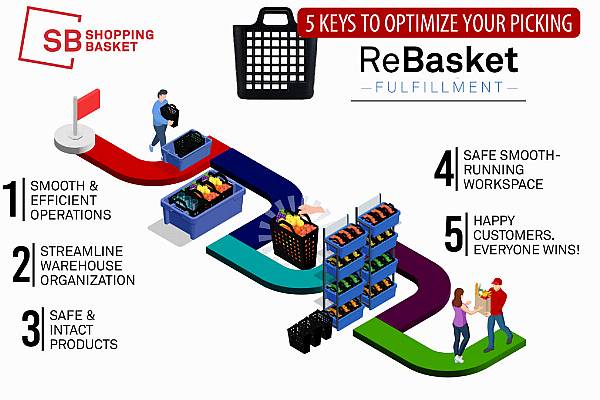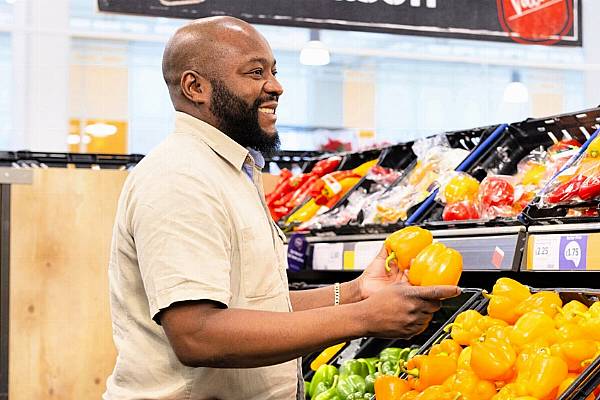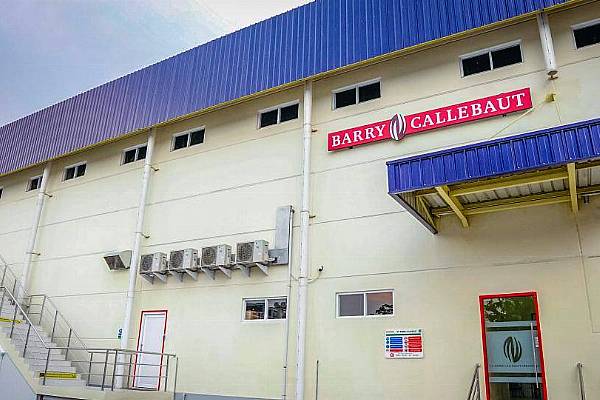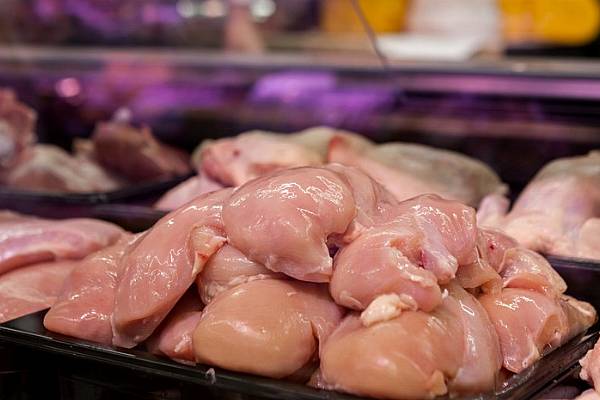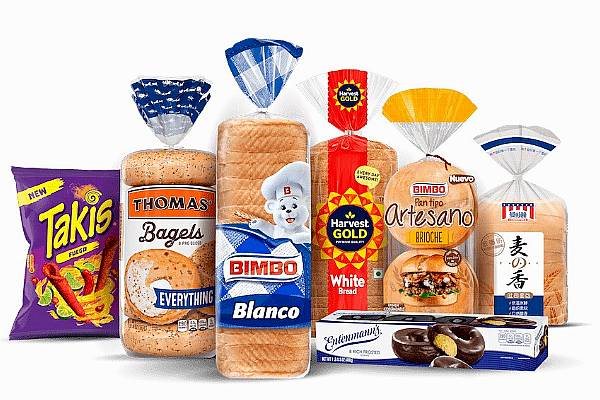The United Nations’ food-aid agency chartered a ship to transport supplies to West African countries hit by Ebola as trade disruptions linked to the outbreak stoke food prices in Liberia and Sierra Leone.
The two-month vessel charter has helped the World Food Programme, which is providing meals for Ebola victims and quarantined communities, skirt issues getting food to stricken countries for now, spokesman Alexis Masciarelli said.
Liberia, Sierra Leone and Guinea reported 13,567 cases of Ebola and 4,951 deaths as of 29 Oct., World Health Organisation data show. Rice and cassava flour prices have risen in urban centers as transportation and food markets have been in disarray, according to the UN Food & Agriculture Organisation.
“Ebola is indeed disrupting food trade and markets,” Masciarelli said by phone from Senegal. “In Monrovia, the price of cassava flour has doubled since the border closure with Sierra Leone about two months ago.”
The WFP-chartered Falkenberg loaded 7,000 metric tons of rice in Benin, two weeks ago, Masciarelli said. Two-thirds of the cargo was discharged in Freetown, Sierra Leone, and the remainder is being unloaded in Liberia’s capital of Monrovia today, he said.
As part of measures to protect the crew from Ebola, the Falkenberg is allowing only two port officials on board, in full protective gear and after disinfection with chlorine, Masciarelli said. Rice is hoisted ashore in “jumbo bags” that will not come back on the ship, he said.
Ebola Fear
Crews sailing to Liberia are afraid of Ebola, and the number of arriving vessels is falling, according to Jean Senahoun, an FAO economist responsible for West Africa. Liberia depends on imports for about 60 per cent of its grain requirements in a normal year, he said by phone.
There have been a few isolated instances of individual crew members being unwilling to go to Ebola-affected countries, International Transport Workers’ Federation spokesman Sam Dawson said by telephone. The federation, the largest of its kind, comprises 700 trade unions, which represent 4.5 million transportation workers from 150 countries. Around 200 of the member unions represent seafarers.
The price of imported rice in Monrovia has risen more than the normal seasonal pattern, according to Masciarelli. The WFP has seen local increases in rice and cassava flour of 10 per cent to 20 per cent, he said.
“Urban areas are hit more than rural areas,” Masciarelli said. “In rural areas your field is next door. If you live in a slum you’re totally dependent on the market. In Sierra Leone, the local weekly markets have been banned by the government.”
Economic Impact
The Ebola outbreak has hurt local economies, meaning a loss of employment, income and purchasing power, according to Senahoun. The slowdown of economic activity means families will be dipping into savings to deal with higher food prices, Masciarelli said.
The disease may cost West Africa $25.5 billion in a worst-case scenario that assumes Ebola spreads to countries neighbouring Liberia, Guinea and Sierra Leone, the World Bank wrote in an e-mailed report.
Harvests are starting in the region after the August-September lean season, and production is affected by a lack of workers due to deaths and a fear of contagion, the FAO’s Senahoun said.
Disruptions of local transportation due to movement restrictions and quarantines means prices in Liberia and Sierra Leone of cassava, which is grown domestically, have increased more than for rice, according to the FAO economist.
The WFP has distributed food to 1.1 million people in the countries affected by Ebola, and that is expected to rise to 1.3 million by February. Given the intensity and spread of the virus, that number may be revised, Masciarelli said.
From Monrovia, the Falkenberg may set sail for Las Palmas in the Canary Islands to pick up supplies stockpiled there by the WFP, Masciarelli said.
Bloomberg News, edited by ESM

